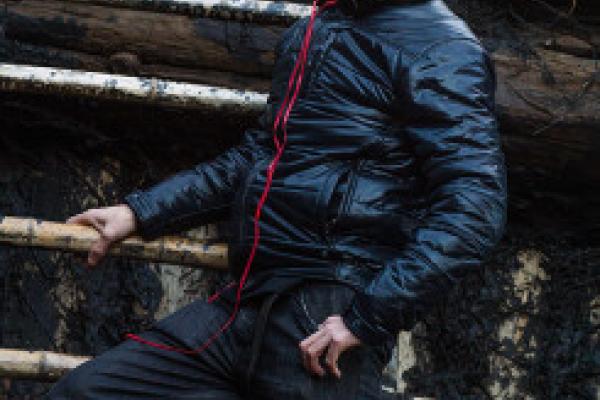Director Darren Aronofsky says he is not religious, and that his Russell Crowe blockbuster movie “Noah” is the “least-biblical biblical film ever made.”
But the strong environmental message of his film — which makes Noah a hero as a God-inspired steward of the earth — firmly roots itself in Scripture, Aronofsky told an audience of religious environmentalists on Wednesday. Many of them hope the message of the movie, which has grossed more than $300 million since its release on March 28, spurs more people of faith to work against climate change.
In “Noah,” Aronofsky said, he hoped to capture the beauty of creation, and to dramatize God’s dramatic decision to destroy it because of human sin. Noah, he said, “is saving the animals. He is not looking for innocent [human] babies. It’s about saving the animals.”
Read the Full Article

